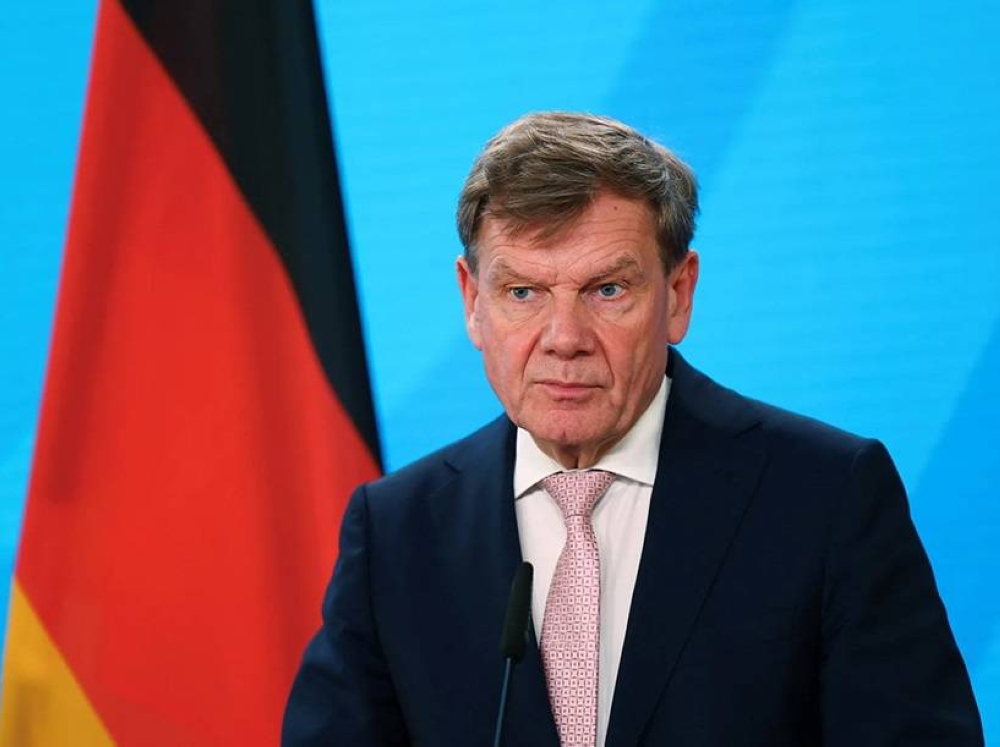Growing International Recognition for the State of Palestine
In a significant development, several nations have recently recognized the State of Palestine, adding momentum to the Palestinian cause. This move highlights the ongoing debate over Palestinian statehood and its implications for international law and Israeli-Palestinian relations.
Recent Recognitions and Key Players
Britain, Australia, Canada, and Portugal formally recognized the State of Palestine on Sunday, joining the ranks of nations that support Palestinian statehood. France, Belgium, Luxembourg, and Malta are anticipated to follow suit during the UN General Assembly. These recognitions represent a shift in international sentiment, particularly among G7 countries.
The State of Palestine was unilaterally proclaimed in 1988 by the Palestinian leadership in exile. Today, Israel occupies the West Bank, while the Gaza Strip remains largely devastated by conflict. These territorial issues remain central to the ongoing struggle for Palestinian self-determination.
Global Support and Opposition
Approximately three-quarters of United Nations members now recognize Palestinian statehood. An AFP tally indicates that at least 145 out of 193 UN member states have extended recognition. This includes significant support from Russia, all Arab countries, nearly all African and Latin American nations, and major Asian countries such as India and China. Algeria was the first nation to officially recognize Palestine in 1988.
Conversely, at least 45 countries, including Israel, the United States, and their key allies, do not recognize Palestinian statehood. In Asia, Japan, South Korea, and Singapore remain non-recognizers. Similarly, Cameroon, Panama, and most countries in Oceania do not recognize Palestine. Israeli Prime Minister Benjamin Netanyahu’s government firmly rejects the idea of a Palestinian state.
The Meaning of Recognition Under International Law
Romain Le Boeuf, an international law professor at the University of Aix-Marseille, describes recognizing Palestinian statehood as a complex issue, situated between the political and juridical spheres. States may recognize Palestine explicitly or implicitly, with no formal registration process required. He emphasized that recognition does not create a state, nor does the lack of recognition prevent a state from existing.
Philippe Sands, a Franco-British law professor, told the New York Times, “Because once you recognize Palestinian statehood… you essentially put Palestine and Israel on level footing in terms of their treatment under international law.” While largely symbolic, recognition carries political weight, indicating that a majority of countries believe Palestine meets the criteria of statehood.
Analyzing the Impact of Recognition
Political analyst Hamada Fra’ana views the recognitions as the result of “gradual accumulation” rather than an abrupt ideological shift. International law professor Dr. Omar Al-Jazi described Britain’s recognition as an acknowledgment of the “Balfour mistake,” accelerated by Israel’s intransigence and military aggression.
These recognitions could enhance Palestine’s international status, granting it UN “observer state” membership and opening doors to international organizations. They could also hold Israel legally responsible for its actions. While not a definitive victory, these recognitions signal a shift in global attitudes and offer potential advantages for the Palestinian cause.
| Area | Status |
|---|---|
| West Bank | Occupied by Israel |
| Gaza Strip | Largely devastated |
 Visit the website
Visit the website






